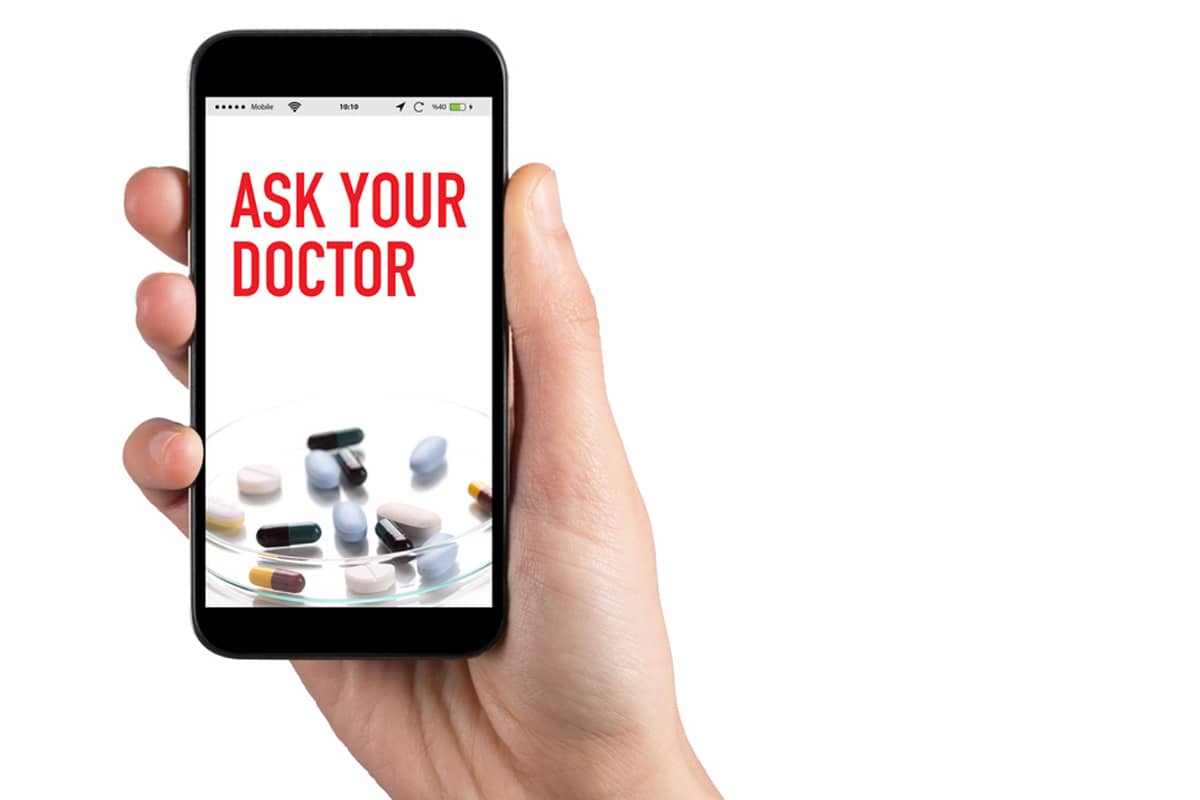Certain social perceptions in Singapore are still very traditional, even old-school. Attitudes towards sexual health, STDs and reproductive autonomy, for example, haven’t changed a lot over the past few decades. Even among younger generations, a lot of stigma still surrounds sexual health topics.
Some of the latest research confirms that such stigmatisation is indeed a problem still. The Singaporean government has undertaken numerous initiatives to address the problem. Societal change, however, is also heavily dependent on the individual effort. If you’re looking forward to a more accepting and open society, there are things you can do to end the sexual health stigma.
STDs and Stigma: A Deadly Combination
Channel News Asia reported in 2019 that regardless of medical and technological advances, Singaporean society is still unaccepting of people with STDs.
STD stigma, especially the ostracising of HIV-positive individuals, is still prevalent. People still exhibit high levels of prejudice and they believe in numerous misconceptions connected to life with HIV or other sexually transmitted diseases.
The situation hasn’t changed an awful lot since 2007 when a survey found out only 54 per cent of Singaporeans are willing to care of an HIV-positive relative. At the time, only 22.4 per cent of polled individuals said that they’d be willing to share a meal with someone who carries the virus.
Today, there is still a lot of misconception about what HIV is and how it is spread. Prejudice is affecting even the individuals who are supposed to take care of patients with STDs.
A survey carried out among nursing and medical students shows that 34 per cent of respondents believe that a HIV-positive person is to blame for their condition. What’s even worse, 20 per cent of the respondents said they wouldn’t perform surgery on a HIV-positive person.
Needless to say, such attitudes can affect access to and quality of healthcare services. In addition, people who are HIV-positive or who have been diagnosed with other STDs will most definitely suffer the social consequences if they decide to share their status.
According to a study performed by researchers at National University of Singapore, depression is high among people living with HIV because of wrong social perceptions and the lack of support. Some statistics show that nearly 40 per cent of HIV patients suffer from depression, which has been linked to poor health outcomes. Regardless of the fact that HIV is no longer a death sentence, being emotionally unsettled can have serious and profound negative effects.
Governmental Programmes and a Push for Change
The Singaporean government has been working since the early 2000s, trying to change social attitudes and STD-related misconceptions.
The National Centre for Infectious Diseases and the Department of STD Control Clinic are two specialised entities that offer support, awareness campaigns and special programs aimed at increasing awareness and promoting de-stigmatisation.
Sexual education initiatives are also underway, trying to increase literacy rates and giving individuals agency and control over their own body.
In October 2020, Singapore’s first online sexual health platform started operating. Previously, such programs were being offered through the Ministry of Community Development, Youth and Sports and the Ministry of Education.
Singapore also has a good network of sexual health clinics. Facilities like Shim Clinic provide effortless STD screening options, as well as professional consultations. Anyone can walk-in and discuss their sexual health status with an experienced physician. Based on personal characteristics, screening, prevention and prophylactic measures will be recommended.
A Single Person Can Start a Revolution
As an individual, you have the power to start changing societal taboos and prejudices through personal example.
There are simple things every single Singaporean can do to end stigma and ensure more acceptance.
For a start, get educated. There are dozens of resources out there. Learn more about the spread of STDs, the ways to protect yourself and the best courses of action in the event of exposure.
Talk to your partner about using contraception and getting screened together. Studies have found out that misconceptions still surround barrier contraception like condoms. As a result, many young people don’t use protection at all. Open and honest discussions with partners aren’t just the responsible thing to do. They can also bring you closer together and improve the quality of the relationship.
It’s also a good idea to get tested on a regular basis. STD screening is recommended for everyone who is sexually active and not just people belonging to high risk groups. You can definitely go for a check two times per year. Doing so with your partner is yet another opportunity to build trust and enjoy peace of mind.
Finally, do try to model positive behaviour and set personal example.
Hugging someone who’s HIV-positive, shaking their hand and even sharing a meal are all perfectly fine. Acknowledging stuff you don’t know about STDs and seeking information in an open and polite way can also be very beneficial.
Ending sexual health stigma in Singapore is all about uplifting others and starting with the inner conversation you’re currently carrying out. Don’t be afraid to seek out information and change your perception. The more you learn and the more you spread your knowledge, the easier societal change will become.

